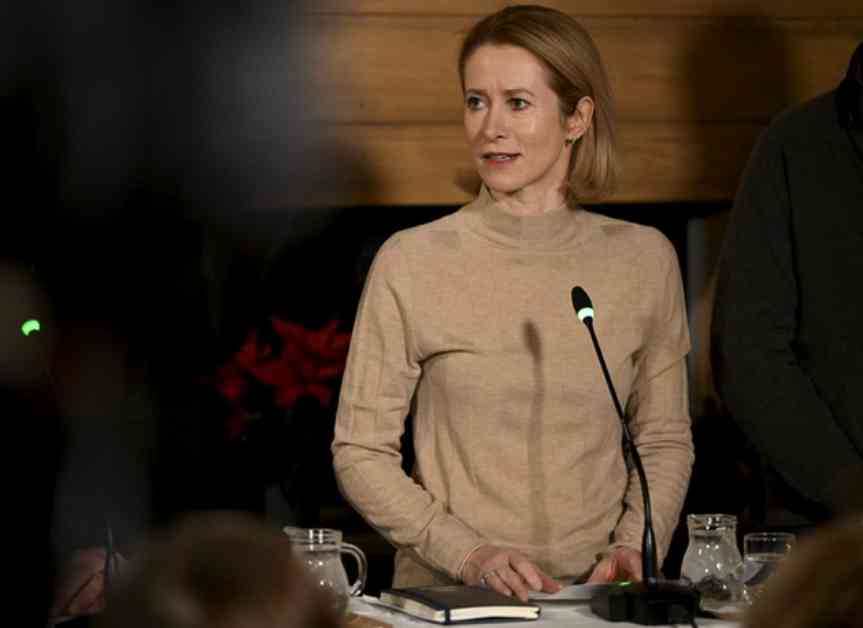The European Union (EU) is on high alert following Finland’s investigation into an oil tanker suspected of sabotaging a power cable connecting the country and Estonia. This incident, occurring on Christmas Day, involved the Estlink 2 submarine cable that carries electricity from Finland to Estonia being disconnected from the grid. The situation escalated further after two telecommunication cables were severed in Swedish territorial waters in the Baltic Sea. The EU has now stepped in, proposing sanctions against Russian vessels, particularly those involved in the ‘Shadow Fleet.’
EU Threatens Sanctions
The EU has condemned the deliberate destruction of critical infrastructure in Europe and identified the suspected vessel as part of Russia’s ‘Shadow Fleet.’ This fleet plays a significant role in transporting embargoed Russian crude and oil products. The recent incidents in the Baltic Sea have heightened concerns, leading to the EU’s decision to enhance efforts to protect undersea cables.
Investigation and Response
Finnish authorities swiftly took action, boarding the oil tanker Eagle S, flying under the flag of the Cook Islands, to investigate the situation. The vessel, suspected to be part of the ‘Shadow Fleet,’ was loaded with unleaded petrol from a Russian port. The investigation, led by Robin Lardot of Finland’s National Bureau of Investigation, is currently focused on the possibility of aggravated sabotage.
Continued Monitoring and Safety Measures
The Finnish Prime Minister Petteri Orpo and President Alexander Stubb are closely monitoring the situation to ensure that the risks posed by the Russian ‘Shadow Fleet’ are mitigated. The oil tanker Eagle S, en route to Port Said in Egypt, remains in the Gulf of Finland. Authorities have boarded the vessel, gathered evidence, and suspect that the vessel’s anchor may have damaged the power cable.
International Response and Sanctions
The EU is working towards further measures, including sanctions, to target the vessels involved in the ‘Shadow Fleet.’ The ongoing investigation and cooperation among EU countries aim to safeguard critical infrastructure and prevent future incidents that threaten security and the environment.
As we navigate the complexities of international relations and maritime security, it becomes evident that the consequences of such actions ripple far beyond the immediate incident. The need for increased vigilance and cooperation among nations to protect essential infrastructure has never been more critical. Let us reflect on the interconnectedness of our world and strive for peace and stability amidst turbulent waters.

















